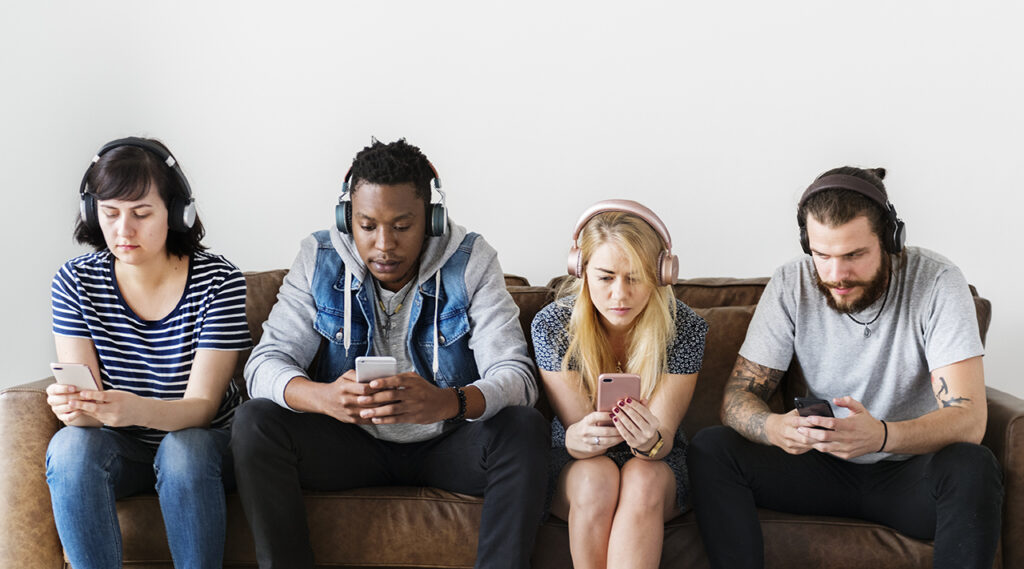In a troubling new sign of the times, a CVS Health and Morning Consult survey reveals a growing mental health crisis in the United States. The survey found a significant increase in the number of adults reporting concerns about their own mental well-being or that of their loved ones. This comes as mental health concerns rise to the top of national anxieties, alongside economic worries.

Two-thirds of adults, or 65%, report feeling anxious about their own mental wellbeing or that of their loved ones. This number represents a significant jump, up six percentage points since 2022 and a staggering 15 points higher than 2020.
The concern isn’t isolated.

Nearly eight in ten adults, a whopping 77%, view mental health as a major national issue, placing it on par with pressing concerns like the economy (81%). This sentiment is particularly strong among parents, with 70% expressing worries about their children’s mental health, even more than their physical health (66%).
Looking for solutions

Many are turning to both digital resources and traditional healthcare providers. Nearly half, 48%, report using mental well-being apps, while a solid majority, 55%, seek help from therapists. These findings highlight the urgent need for increased access to mental health resources and a broader conversation about emotional well-being in America.
“Mental health became a top concern in 2020 and it has only risen since,” said Taft Parsons III, M.D., Vice President and Chief Psychiatric Officer, CVS Health. “Uncertainty around the future, current events and social media continue to drive anxiety among adults. Our priority, across CVS Health, remains improving access to quality virtual and in-person mental health care and ensuring we have resources in place to address the unique needs of individuals.”
Social media to blame?

The study found a significant portion of Americans are expressing concerns about the impact of social media. Nearly four in ten, or 37%, believe these platforms are having a negative effect on society as a whole. This sentiment appears to be translating to user behavior, with a third of adults admitting to taking steps to curb their social media usage, such as turning off notifications.
The study also highlights potential concerns for parents. Roughly half indicated that social media is influencing their children’s development and worldview. However, the report isn’t entirely negative. More than a third of adults, or 36%, found social media to be a source of education on mental health issues.
“Our increasing use of technology has helped increase access to mental health care – CVS Health has had over 43 million mental health virtual visits since 2020 – and created a way for people to talk openly about the topic, reducing stigma,” added Parsons III. “But as we navigate the impacts social media has on mental health, it has become increasingly important that we highlight its limitations and set guardrails for ourselves and our children.”
WOONSOCKET, R.I. May 9, 2024. PRNewswire.




